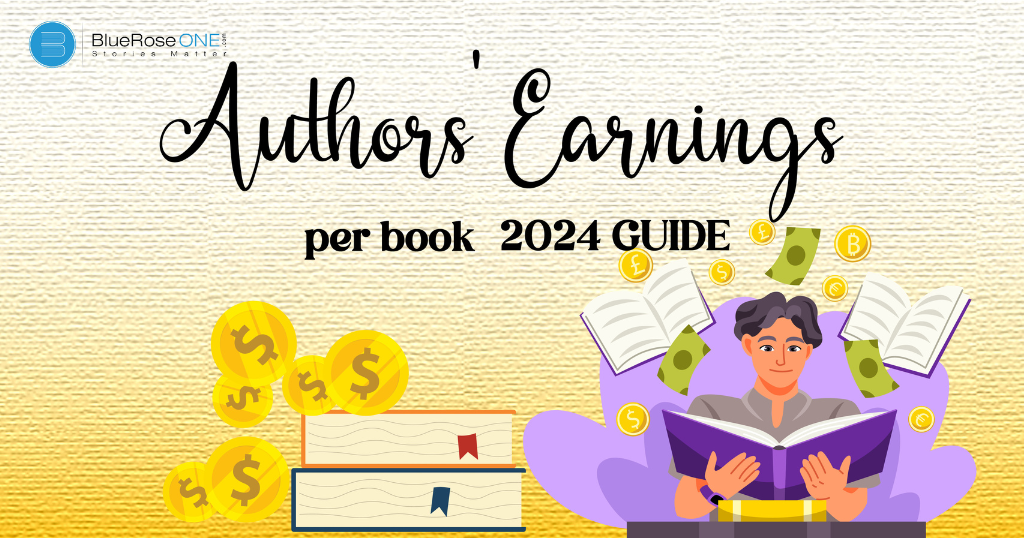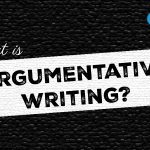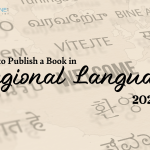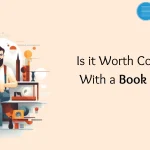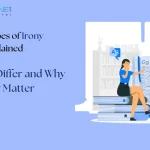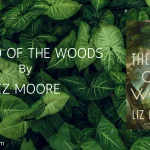Royalties are payments made to writers by publishing houses for publishing their original works. It guarantees a continuous income flow and acts as a financial acknowledgement of an author’s contribution. It might seem simple at first glance, but in reality, it is an intricate process that involves many things, most importantly patience.
Though writing may seem like the main aim of the author, in the world of demand and supply, all the focus shifts to sales and money earned.
Read: How to Write a Book & Get it Published Globally: A 2024 Essential Guide
There are many types of royalties. The three most popular ones are fixed sums, percentages, and advances against royalties. Several factors affect the royalties that authors receive as payment. A book’s genre and level of market trends can have a big impact on sales and, in turn, royalties.
The strength of an author’s brand and reputation are also quite important, with well-known authors frequently fetching larger royalties. A book’s publication route—e-books, audiobooks, or print editions—can have an impact on the entire royalties schedule.
Fixed-Sum Royalties
Fixed Sum Royalties are a less common yet simple way of paying authors. Authors who choose fixed-sum royalties instead of percentage royalties get paid in advance for their creative work in a specified lump sum. The author and publisher agree on this predetermined price throughout the negotiating stage.
It gives authors immediate cash recompense regardless of the book’s commercial success, in contrast to percentage royalties, which base profits on the performance of the book’s sales. Authors who have negotiated a favourable beginning payment would find this approach appealing.
Authors who choose fixed-sum royalties forfeit the possibility of increased revenue contingent on sales success in exchange for initial financial stability. This approach might be more prevalent in certain publishing deals, particularly in situations where publishers are certain of a book’s commercial viability or are working with up-and-coming writers who might want a steady income at the beginning of their careers.
Percentage Royalties
Percentage Royalties are a popular and flexible way for writers to be paid in the book industry. Authors are entitled to a portion of the proceeds from book sales under this agreement. The precise proportion varies depending on various criteria and is typically specified in the publication agreement.
Author earnings are typically expressed as a percentage of the book’s cover price or net revenue from sales, and they are directly correlated with the success of the author’s writing. The agreed-upon percentage is influenced by an author’s reputation, genre, and negotiating skills, among other things. Because of their popularity, well-known writers may be able to bargain for greater royalties as publishers appreciate their contributions.
Writers are encouraged to actively promote their works and help a book succeed in the market by receiving a portion of the profits. There exists a mutually beneficial relationship between the book’s success and the author’s financial gains—the more copies sold, the higher the author’s earnings.
Percentage royalties continue to be a crucial element in ensuring that writers receive fair compensation for their inventiveness and the commercial success of their literary works, even as the literary scene changes.
You may also like: List of 15 Prestigious Literary Awards in 2024
You may also like: 150 Words That Start with K to Level Up Your Vocabulary
Book Advance Royalties
Publishers frequently give authors a financial arrangement known as advance royalties. The author receives this advance as a lump-sum payment before the formal publication of their work.
In essence, it is a projection of future royalties received. This money can be used for living expenses, writing help, or whatever else the author feels the writer needs.
The advance is deducted subsequently from the royalties the author would have otherwise received from book sales and is regarded as a prepayment for the author’s labour.
Although the advance gives authors cash upfront, it’s crucial to remember that not all writers will receive royalties after the advance. If the advance for a book is not exceeded by sales, there is no guarantee that the author will be paid more.
However, authors start receiving royalties on top of the first advance for successful novels that sell more than the advance, which makes this arrangement a vital component of the financial dynamics of the author-publisher relationship.
How Much do Authors Earn?
Now the big question arises: how much do authors exactly earn? Can they earn billions by selling their books? The answer might be yes, as the famous J.K. Rowling set an example that everyone looked up to. But, to be honest, it’s a rare spectacle. There are exceptions. Some people even struggle to reach the ‘100 copies sold’ milestone. Authors’ payments differ greatly, depending on variables in the ever-changing publishing industry.
The genre and demand for a specific book on the market are important factors. Popular genres like mystery and romance frequently see increases in sales, which might mean greater pay for writers.
Higher royalty percentages can be demanded from well-known authors who have a devoted following, which can boost income. Profits are also impacted by the format in which a book is released. The royalties associated with e-books, audiobooks, and print editions can vary, which could affect writers’ total earnings.
Furthermore, negotiations with publishers are also important since the conditions that are reached can include advance payments against future royalties, which can have a significant impact on an author’s short-term financial status. A major determinant of author compensation is sales volume.
Because they sell a lot of books, best-selling authors can earn large royalties, but rising authors might first receive smaller advances and royalties.
Authors must manage these variables as the literary scene changes to maximise their income, understanding that the market’s acceptance of their work is just as important as the calibre of it in determining success.
The earnings of authors also matter on the basis of:
Genre Specification and Marketability
Market demand and genre have a big influence on an author’s possible income. Certain genres are more popular than others, which results in larger sales and more money for authors.
Romance, mystery, and fantasy are among the genres that appeal to a wide audience of readers, which increases demand and, as a result, yields larger royalties. Authors who want to make a living must comprehend and take advantage of current market trends. In addition, publishers might provide greater advances and royalty percentages for popular genres right now.
On the other hand, specialist genres could have a more devoted but smaller readership, which could have an impact on sales and, ultimately, an author’s total income. In the ever-changing publishing landscape, an author can maximise their financial gains by deliberately selecting genres that have huge appeal to people and responding to changing market trends.
Authors' Brand Name
In the realm of writing, an author’s brand and reputation have a significant impact on their revenue. Well-known authors with a large following and solid reputation frequently demand greater advance fees and royalty percentages.
An author’s marketability is improved by having a strong and identifiable brand, which boosts sales and improves financial benefits. When an author has a track record of success, publishers are more likely to invest in them and offer them better conditions in publication agreements.
An author’s reputation is a significant asset since it is cultivated over time through connections and trust with readers, which in turn leads to continuous book sales. An author can position themselves for long-term success by building a distinctive brand that is defined by recurring quality and theme aspects. This will strengthen their position in the cutthroat publishing market and increase their earning potential.
You may also like: Book Writing Tools That Actually Make a Difference
Publishing Version
An author’s income is greatly influenced by the publishing type they select. There are several royalty schemes associated with different formats, including print editions, audiobooks, and e-books.
For example, higher royalty percentages are frequently offered by e-books, enabling authors to keep a larger portion of every sale. With their increasing appeal, audiobooks offer writers new avenues for income. Print versions add to an author’s total sales volume, even if they may have lower royalty rates.
It is necessary to comprehend reader preferences and market trends to navigate these media. By utilising a variety of publication forms strategically, authors can increase their income, attract a wider audience, and adjust to the changing publishing landscape that coexists between traditional and digital formats.
Reputation of the Publishing House
One of the most important factors influencing an author’s income is the influence of a publishing house.
The conditions of a publishing deal are largely set by publishers, who also influence the advance paid to authors, the percentage of royalties, and the overall financial structure. Well-known publishers with a broad distribution network and strong marketing techniques can greatly increase a book’s visibility and sales potential, which in turn helps to increase the author’s royalties.
Reaching a good agreement with a respectable publisher could lead to larger advances and continued assistance with book promotion. Conversely, less well-known publishers can provide smaller advances and make weaker marketing efforts, which would have an impact on an author’s total income.
An author’s financial success can be significantly impacted by the publisher they choose, highlighting the significance of strategic alliances and negotiations.
You may also read: Tone Examples in Literature: 15 Must-Know Types With Examples
Sales Volume
An author’s financial performance is directly correlated with the number of copies sold. Because of their work’s extensive appeal, best-selling authors whose books achieve significant sales volumes might earn substantial royalties.
Sales volume influences an author’s ability to negotiate advance payments and royalty percentages with publishers, in addition to determining the total income from royalties. New authors frequently depend on the success of their books to determine how successful they will be financially, and they may earn smaller advances and royalties at first.
To increase sales volume and maintain their competitive position in the market, authors need to deliberately promote their work, understanding that doing so will directly affect their earning potential and overall status.
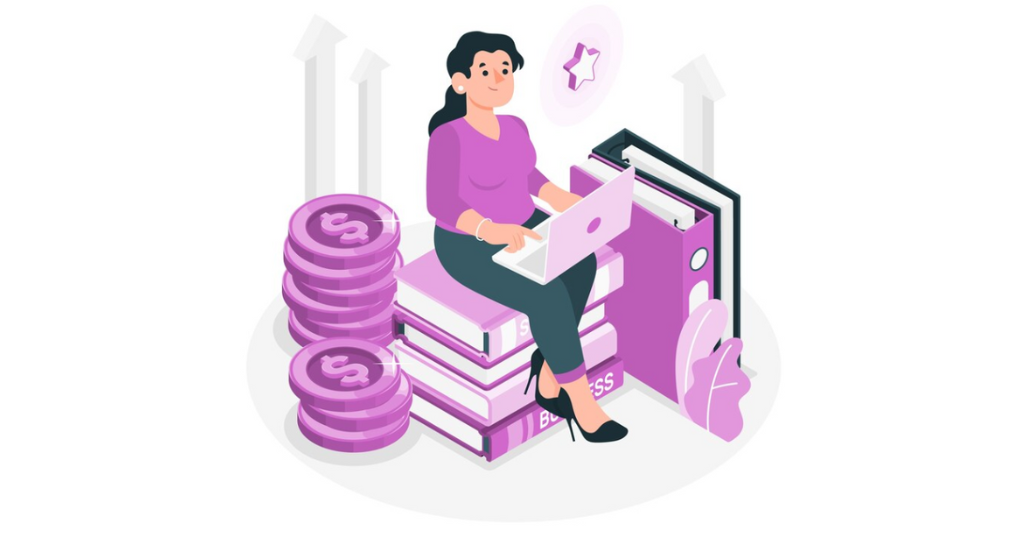
The Difference in Royalties between Self-Publishing and Traditional and Hybrid
The decision to self-publish, publish through traditional publishing houses, or choose hybrid publishing has a big impact on an author’s royalties, and each option has its pros and cons.
Authors usually earn an advance against revenues in traditional publishing. Before the book’s publication, the publisher pays the author an advance. When actual sales offset the advance, royalties—typically a portion of the book’s sales—are obtained. Traditional publishers manage the marketing, distribution, and editing parts of the publishing process in exchange for keeping a sizeable percentage of the book’s sales. Although they can vary, traditionally published authors’ royalties typically fall between 8% and 15%.
Self-publishing, on the other hand, gives writers more autonomy but necessitates more active involvement. Self-published authors typically receive larger royalties for each sale, usually between 35 and 70% of the book’s retail price, sometimes even 100%. However, the cost and burden of editing, cover design, distribution, and marketing fall on self-published authors.
The success of a self-published book mostly hinges on the author’s ability to successfully navigate the competitive market and sell their work, even though the possibility of increased royalties is alluring.
Achieving a balance between traditional and self-publishing models is the goal of hybrid publishing. Compared to traditional publishing, authors may pay for specific publishing services while keeping a larger portion of their income. Different hybrid approaches allow authors to keep a larger portion of revenues, while others may work more like self-publishing, providing a combination of traditional royalties and upfront fees.
Read: A Complete Difference between Hybrid Publishing and Self-Publishing!
Authors have to keep in mind the financial arrangements and the future of their investments while flowing in the creative pursuit of writing.
The writing part is already a time-consuming task, and the selling part is another. There is still a long path that an author has to travel to get something out of their writing.
The royalties an author gets after selling each book are a reward for their hard work and patience. This blog recognises the nature of author earnings and gathers crucial information on what factors the royalties depend on and the trade-offs. The trade-offs between creative control, upfront investment, and potential earnings determine the differences in royalties between self-publishing, traditional publishing, and hybrid publishing.
When selecting the publication route that best meets their demands, authors must carefully consider these elements and make sure they are in line with their preferences, ambitions, and the nature of their work.
Publish your book with BlueRoseONE and become a bestselling author. Don’t let your dream of becoming an author fade away, grab the opportunity now and publish your book – be it fiction, non fiction, poetry or more.
Yoy may also like: Fantasy Books complete publishing guide in India 2024

